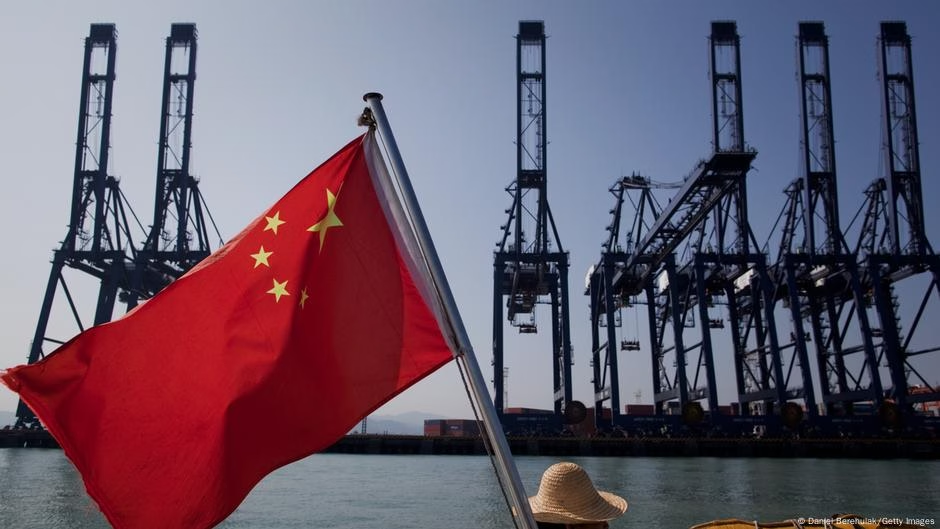On Monday, China issued threats of retaliatory measures against countries that are seen as undermining Beijing’s interests by negotiating trade deals with the United States. This warning follows reports from Bloomberg which state that the US plans to use its new tariffs as leverage to pressure countries into reducing their trade relations with China. The tariffs have been temporarily suspended for all countries except China, which faces penalties of up to 145%. In response, Beijing has already imposed higher tariffs on US imports.
China’s Commerce Ministry declared in a statement that “appeasement will not bring peace and compromise will not be respected.” The ministry additionally cautioned countries against prioritizing temporary interests over others, which it sees as ultimately failing and harming these interests. China explicitly opposes any trade negotiations that might come at its expense and will take reciprocal measures against countries that pursue such agreements.
The ongoing trade tensions have prompted various countries to consider adjusting their trade relationships. Japan, South Korea and Taiwan have all engaged in discussions with the US, with different proposals on the table such as increased imports and joint ventures. Indonesia has signaled its intentions to boost US imports and reduce orders from other countries. The US is also in talks with India about potential trade deals. While the European Union has followed a more cautious approach, delaying retaliatory tariffs to allow for further negotiations.
Despite the strained relations with China, US President Donald Trump indicated last week that talks with China about tariffs were also ongoing. However, Beijing has not yet confirmed these discussions and has expressed its commitment to fighting the trade war “to the end”.
Countries involved in these negotiations face the challenging task of balancing their economic relationships with both China and the US. This is especially true for Southeast Asian nations, which conduct more trade with China than with the US. Many of these countries have already started realigning their supply chains due to increased US-China trade tensions. Unless countries are willing to risk their substantial economic ties with China, they are unlikely to accede to US demands.
Edited by Sean Sinico.
Source: https://www.dw.com/en/china-warns-countries-against-striking-trade-deals-with-us/a-72296020?maca=en-rss-en-all-1573-rdf








